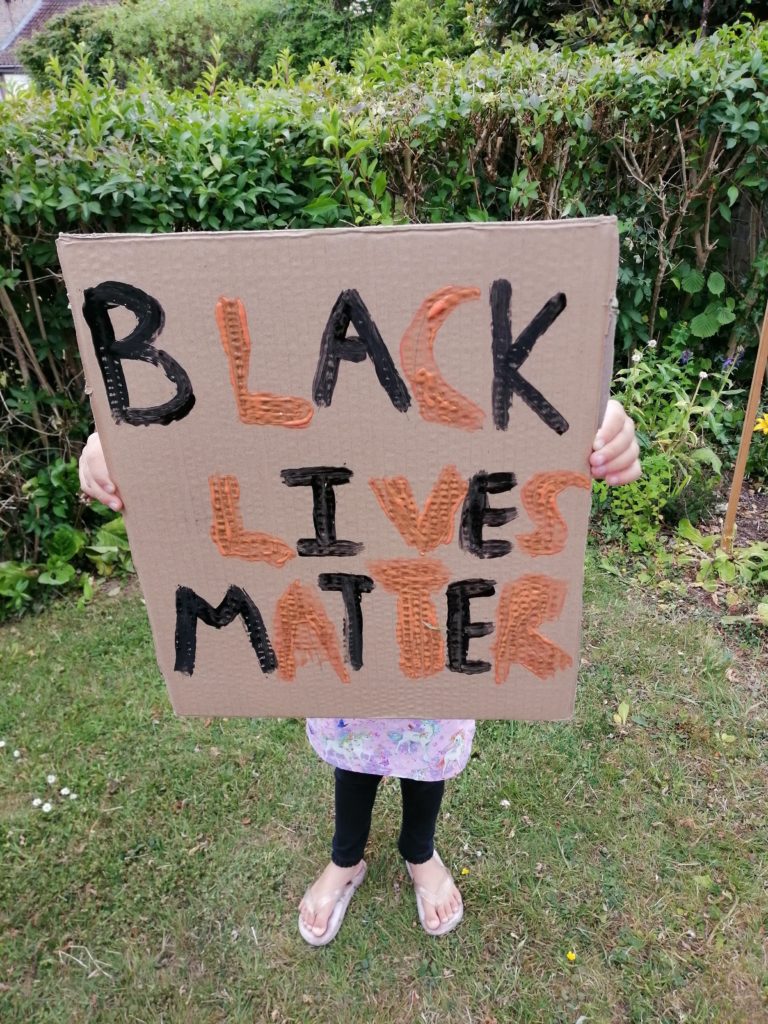We make decisions everyday. If it’s a one off decision then you may as well use as much information as you have to hand then commit. You’ll be right or wrong quickly. But if the valuable work you seek is repeatable then you need a system. A way to help you make better decisions and measure the impact. Here at the culture team we realise that whilst quick decisions, assumptions and gut feelings can be good, there are many times that we could be better prepared at the point of decision. Especially where the pattern is repeated over and over. We “expect” various things to happen daily such as visits and enquiries. These patterns typically have a limited number of outcomes. We want to be better at spotting patterns to help us continuously improve.
Currently I am working on transforming how we use PERFORMANCE within the service to measure our success. Small wins and large wins. And before you shout that being data heavy can also be a burden, i know, i know. Let’s suspend disbelief for awhile though and trust that tinkering never hurt anybody… For data I keep coming back to the phrase “Collect, Share, Use”.
Collect – what minimum pieces of data can we collect in a consistent way over multiple cycles? e.g. daily/weekly/monthly/yearly and can we collect easily
Share – let everybody see the streams of data as they may have a use for your data eg school visits may impact retail so share it all
Use – take one or more data sets and use them to contribute to understanding user needs which in turn allows us to make business decisions. Pssst your business needs are to meet user needs. For example if we identify spikes in visits to events/retail/café what was happening that day? Was it a one off? Was it a school or coach visit? Can we replicate again and again? we can then resource accordingly. If we have a 4-6 week weather forecast for rain then we expect to be busy so let’s get casuals on stand-by as we can map the forecast to this year’s forecasted visitor figures and/or use last year for a comparison. We shouldn’t be surprised if there is a band of rain for a long period as that data exists out on the web and we can overlay to ours in theory. IF I want to do a lunchtime curator talk I want the best chance of being busy so which days are we busier? As I can see visitor flow hourly is 12pm ideal or 1pm? Etc etc or would 11:30 be best so I can then promote the café offer for lunch immediately after?
I want our workforce and partners to explore our data to help us make a ruckus. I really hope teams start to be interested in bits of data instead of thinking it is for management only. For now we are sharing two data points, satisfaction and number of visits publicly at https://performance.bristolmuseums.org.uk/
Internally we’re building dashboards using Google Data studio. The hope is that in addition to standard reports, individuals or teams will grow their own dashboards, customised to teams and/or individuals with the things that are important to them. This makes it more personalised for a member of staff instead of dozens of seemingly unloved/viewed data.
I will be chipping away at encouraging us collectively to Collect and Share for the next 12-18 months…onwards
